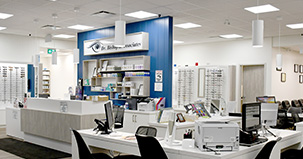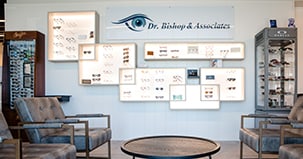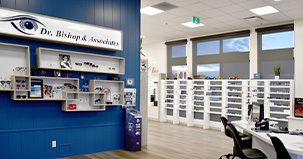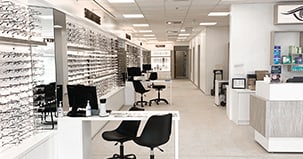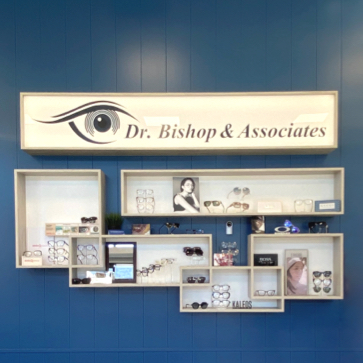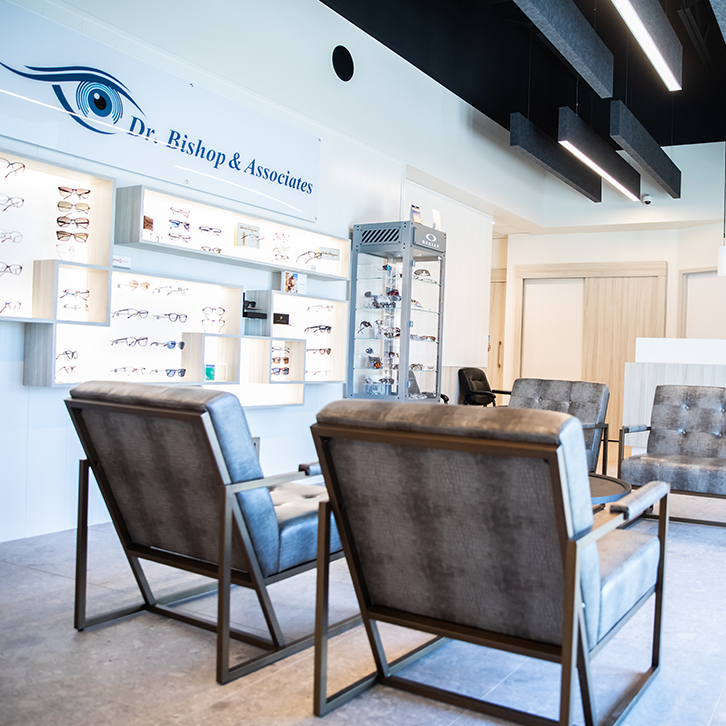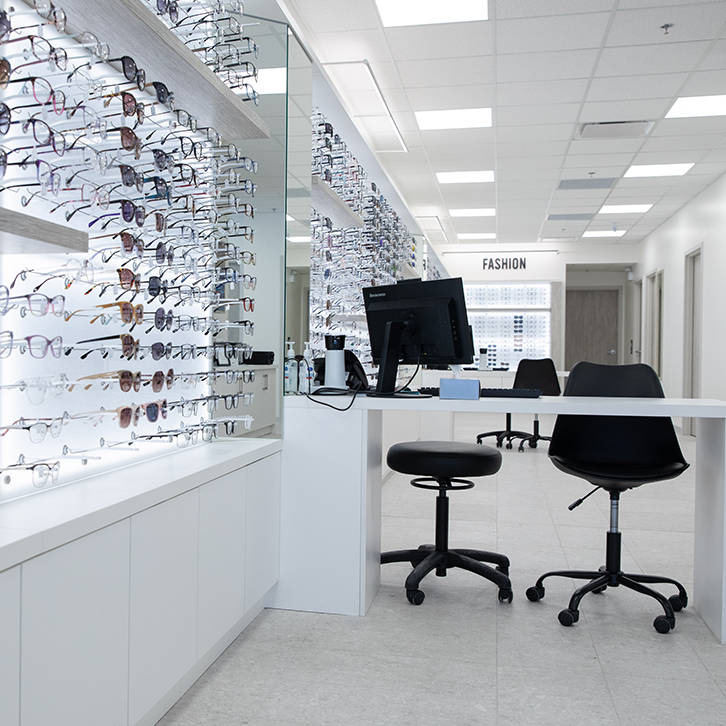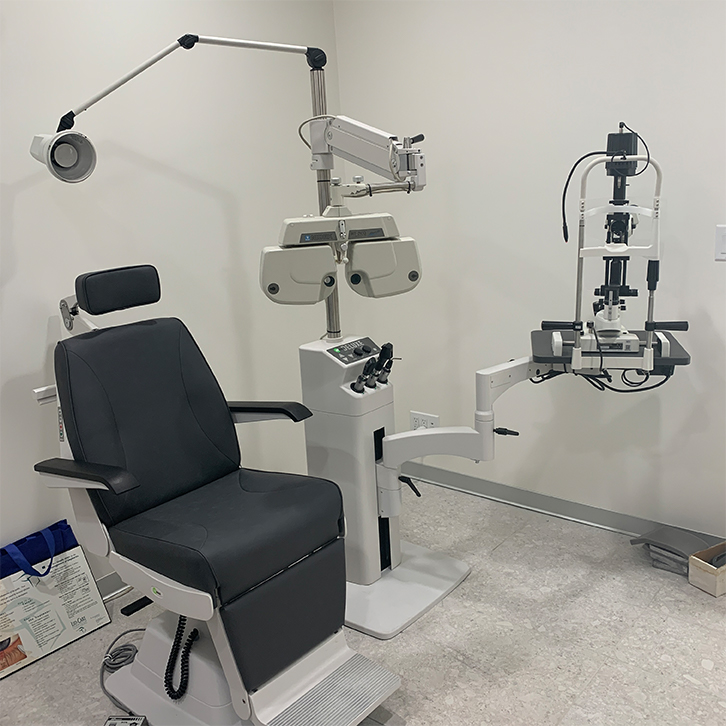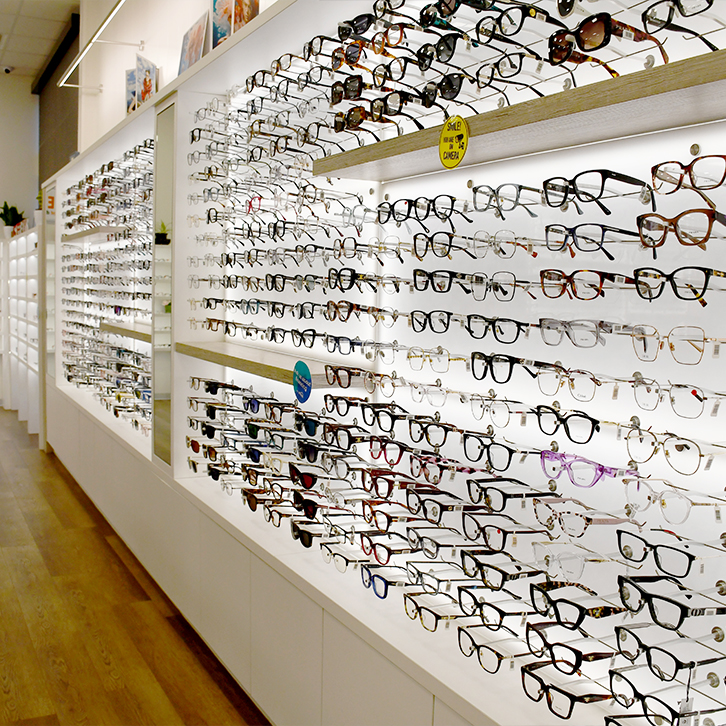When you get a cold or flu, it’s easy to determine whether you’re well enough for work and if you’re contagious. But with pink eye, the rules are not so clear-cut. While many assume all pink eye is the same, there are different types and not all are contagious.
Whether or not you can go your job with pink eye depends on your line of work, what kind of role you’re in, and how frequently you come into contact with others.
Your workplace may have guidelines to help you determine if you should take a sick day or work from home. Most cases of pink eye improve with time. However, if your symptoms aren’t improving or are worsening, visit your optometrist for a comprehensive eye exam to assess your eye health.
What Is Pink Eye?
Pink eye, or conjunctivitis, occurs when the conjunctiva, the thin, transparent membrane over the whites of the eye, becomes inflamed and appears pink or red. The different types of infection share some common symptoms, including:
- Grittiness in your eye
- Liquid or mucus discharge, particularly first thing in the morning
- Scratchiness
- Overproduction of tears
- Sensitivity to light
- Blurry vision
- A sensation that something’s in your eye
Most forms of conjunctivitis are highly contagious, and you’re more likely to develop pink eye if you’re in physical contact with someone with it. However, you can also develop the infection alongside a respiratory infection.
Viral Pink Eye
Exposure to a viral infection—such as adenoviruses that cause the common cold or flu, bronchitis, or pneumonia—can also cause pink eye. Therefore, viral conjunctivitis can develop from the highly-contagious droplets left behind from someone’s cough or sneeze.
If you have an upper respiratory infection, blowing your nose too strongly can carry the infection through the sinuses and into your eyes, leading to pink eye symptoms.
Bacterial Pink Eye
Conjunctivitis can develop when bacterial pathogens—typically staphylococcal or streptococcal bacteria—permeate the eyes. Children are prone to developing this type of pink eye from school, activities, and daycare, but adults can also experience bacterial conjunctivitis.
When you’re in close contact with someone with bacterial conjunctivitis, touching your eyes with unclean hands or sharing makeup and facecloths with others puts you at a higher risk of developing a bacterial infection.
Other Forms of Pink Eye
You can still experience inflammation of the conjunctiva without contracting an infection. Allergens, contact lenses, and chemicals such as chlorine can cause redness, grittiness, overwatering of the eyes, and other symptoms of conjunctivitis.
Should You Go to Work with Pink Eye?
Depending on your work circumstances, it can be harmless to go to work, or it can be a bad idea. If you’re unsure, the best person to talk to is your optometrist—they can consider your symptoms and your job to help you decide on a course of action. You should also think about whether your pink eye is a symptom of another infection in the body that requires rest.
Generally, you’re contagious as long as your eyes are red and you still have symptoms. Viral and bacterial conjunctivitis can last up to 2 weeks, and often your body can fight off the infection without intervention. Depending on your symptoms, your doctor may prescribe antibiotics to help improve recovery in cases of bacterial conjunctivitis.
If you’re taking steps to prevent the spread of infection, you can go to work as usual unless your optometrist or medical doctor advises against it.
Tips to Prevent the Spread of Pink Eye at Work
To keep other people safe from infection and prevent the spread of viruses and bacteria that cause conjunctivitis, you should practice a few good habits, such as:
- Wash your hands often throughout the day and use hand sanitizer, especially after touching your face
- Avoid rubbing or touching your eyes
- Routinely clean away discharge from around your eyes using fresh cotton rounds
- Don’t share personal items with others, such as washcloths, eye drops, makeup, or makeup brushes
- Clean your glasses with a microfiber cloth that others don’t use
As your body fights off the infection, you can help prevent re-infection from contact with lingering pathogens.
- Replace eye makeup or brushes you used while you had conjunctivitis
- Dispose of soft contact lenses that may carry germs
- Clean extended wear contact lenses as directed by your optometrist
- Clean eyeglasses and eyeglass cases, and wash the microfibre cloths you used while you had the infection
Visit Your Optometrist for An Eye Exam
Conjunctivitis isn’t the only cause of red, inflamed eyes—even if you have all the signs of pink eye, it could result from something else. If your symptoms include intense pain, difficulty seeing, or a significant amount of pus from the eye, visit Dr. Bishop & Associates to examine your eye tissues, perform tests on your vision, and offer solutions to your discomfort.







